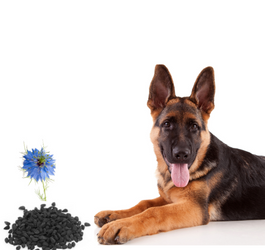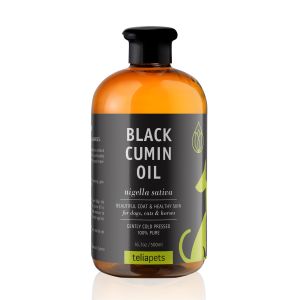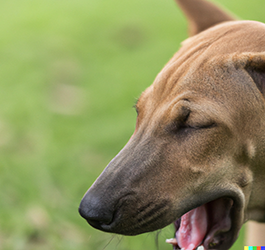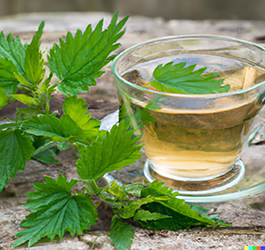Is Black Seed Oil Good for Animals? A Comprehensive Analysis

Black seed oil, derived from the seeds of the Nigella sativa plant, has been a popular natural remedy for humans for centuries, touted for its potential health benefits. As pet owners increasingly turn to natural alternatives for their furry friends, many wonder if black seed oil is good for animals. In this article, we will explore the potential benefits and risks of using black seed oil for pets like dogs and cats.
Potential Benefits of Black Seed Oil for Animals
Anti-inflammatory properties: One of the primary benefits of black seed oil is its anti-inflammatory properties. Studies have shown that it can help reduce inflammation in humans, which may potentially benefit animals suffering from conditions such as arthritis, allergies, or skin irritations.
Immune system support: Black seed oil contains antioxidants that can help strengthen the immune system. A stronger immune system may help protect your pet from illness and improve their overall health.
Digestive health: Some research suggests that black seed oil may support digestive health by reducing inflammation in the gut and promoting regular bowel movements. This could be particularly helpful for pets with sensitive stomachs or gastrointestinal issues.
Respiratory health: Black seed oil has been shown to help reduce symptoms of asthma in humans. While more research is needed, it is possible that it may also benefit pets with respiratory issues.
Antimicrobial properties: Studies have shown that black seed oil has antimicrobial properties, which may help prevent and treat infections in pets.
Potential Risks and Precautions
Despite the potential benefits, it is crucial to consider the risks and precautions before introducing black seed oil to your pet's diet. Some potential concerns include:
Toxicity: While black seed oil is generally safe for human consumption, its effects on animals are not well studied. Some essential oils can be toxic to pets, so it's essential to exercise caution and consult with a veterinarian before administering black seed oil to your pet.
Dosage: There is currently no standardized dosage for black seed oil in animals, and the appropriate amount may vary depending on the size, weight, and health of your pet. Administering too much black seed oil could lead to adverse reactions.
Allergies: Just as with humans, pets can be allergic to certain substances. If your pet has never been exposed to black seed oil before, watch closely for any signs of an allergic reaction.
Drug interactions: Black seed oil may interact with certain medications, so it is essential to consult with your veterinarian before administering it to your pet, especially if they are currently on any medications.
Quality: The quality of black seed oil can vary significantly between brands. Be sure to choose a reputable, high-quality product to minimize potential risks.
Consult a Veterinarian
While black seed oil may offer potential benefits for animals, it is crucial to consult with a veterinarian before incorporating it into your pet's diet. A veterinarian can provide guidance on whether black seed oil is a suitable choice for your pet and recommend the appropriate dosage.
In summary, black seed oil has potential benefits for animals, such as its anti-inflammatory, immune-boosting, and digestive health properties. However, it is essential to be aware of the potential risks and precautions, and always consult with a veterinarian before introducing any new supplement to your pet's diet. By staying informed and vigilant, you can make the best decision for your furry friend's well-being.

 de
de el
el










